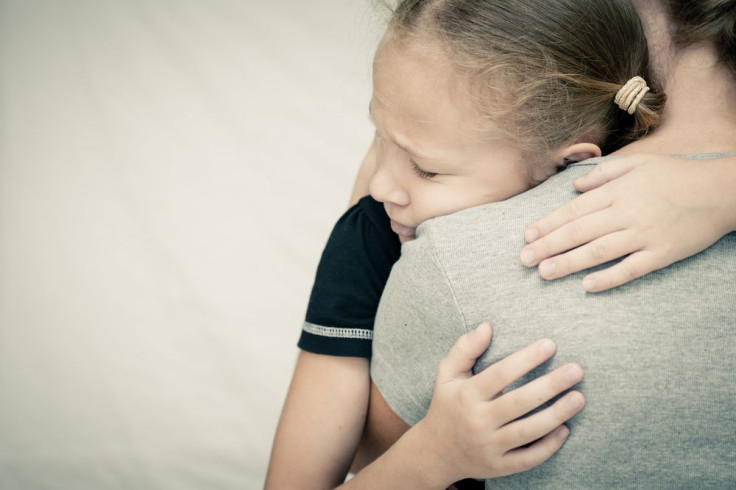Strong Family Ties Improve Self-Esteem, Anxiety In Children Who Experienced Domestic Violence

The British Psychology Society (BPS) held its annual conference on the psychology of women last week in the UK, with themes ranging from gender and politics to feminist activism to domestic violence. The latter theme extended to the effects it has on children who witness it — and in one particular paper, researchers found a stronger social bond could counteract the adverse effects these children face when they grow up.
Domestic violence has devastating effects on women, but also children, UNICEF reported. Children who have been exposed to violence in the home “may have difficulty learning and limited social skills, exhibit violence, risk, or delinquent behavior, or suffer from depression or severe anxiety.” UNICEF added that children growing up in violent environments are also more likely to be victims of child abuse.
Given prior research has shown a strong social bond can “act as a beneficial psychological resource, especially in times of need,” Catherine Naughton, study author and doctoral candidate at the University of Limerick, teamed up with her colleagues to investigate whether these bonds could improve self-esteem and anxiety in young people who’d been exposed to domestic violence when they were younger.
Researchers questioned 465 young people aged 17 to 25 about their experiences with domestic violence, their family (parents or a caregiver), and their psychological well-being. The answers indicated exposure had a negative impact on their self-esteem, anxiety, and the bond they had with their family in comparisong to young people who grew up in non-violent homes.
The silver lining was that “the presence of strong family bonds” worked as a sort-of buffer to the effects children often sustained from being exposed to violence. And yet, the majority of young people in this study reported more weaker bonds than stronger ones.
“Although strong family bonds can help raise self-esteem and reduce anxiety for some young people who grow up in homes affected by domestic violence, sadly, the majority are likely to report weak family bonds,” Naughton said. “Therefore they are unable to benefit from the psychological benefits strong family bonds provide.”
It’s important then, Naughton added, that parents understand the protective effects a stronger bond can have. Ultimately, this kind of bond provides an “inherent sense of belonging within the extended family,” providing positive psychological support.
Source: British Psychological Society POWS Annual Conference, 2015.



























